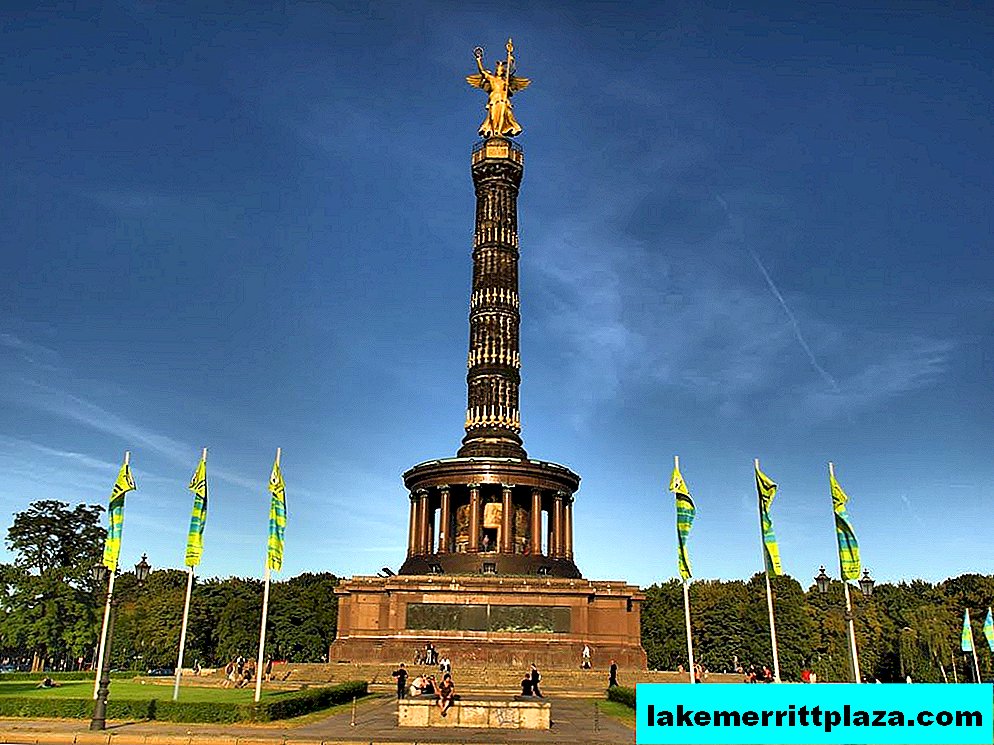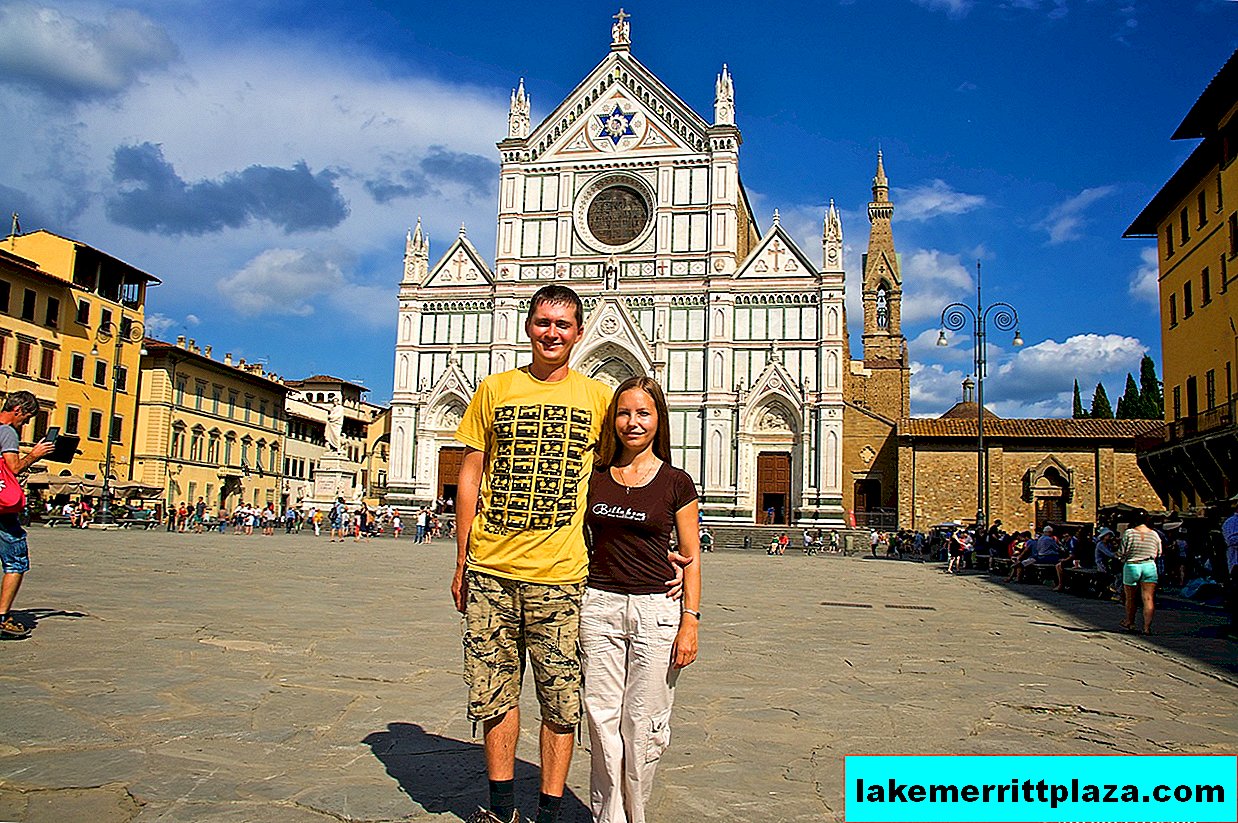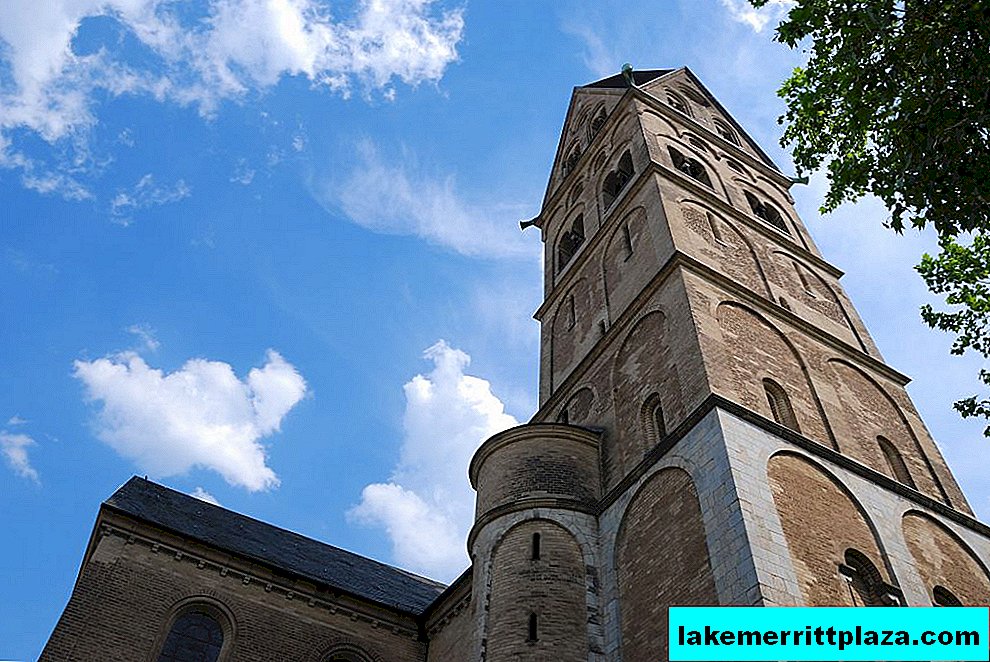The authorities of Rome need to find more than 30 million euros for the reconstruction of the Golden House of Nero, which is in poor condition and could collapse at any time.
Once this building was a symbol of the power and wealth of ancient Rome, but its venerable age of 2 thousand years makes itself felt. The authorities of the Eternal City faced the task of finding a huge sum to restore the palace of the great emperor Nero, now a whole complex of halls and frescoed rooms, located in the heart of Rome opposite the Colosseum.

Dozens of centuries ago, the palace began to be erected by order of Nero, in which Rome survived a terrible fire. However, the emperor did not see his new residence, he died four years after the start of construction work. The palace was abandoned, it later burned down, and other buildings spread out on its territory, including the “visiting card” of the capital of Italy - the Colosseum. Today, the "Golden House" of Nero is hiding under a huge park, which greatly damages the structure of the ancient building. The trees took powerful roots that destroy the roof of the building, heavy rains also damage the palace, eroding old murals.
The likelihood of the collapse of the palace of Nero, which was to become the largest city residence of the monarch in Europe, forced the city authorities to close it to visitors for almost 10 years. However, after so many years, the fate of the building was not decided. On Wednesday, a group of archaeologists, as well as the Italian Ministry of Culture, announced the creation of a new plan designed to remake the park above the palace, remove hundreds of tons of land from its roof and uproot trees, thereby reducing the risk of collapse of the building and preventing its further destruction. The new garden will be grown on a thinner layer of soil, the total weight of which will not harm the millenary walls of the palace. The project is designed for four years, after which the Golden House of Neuron will be reopened to visitors.
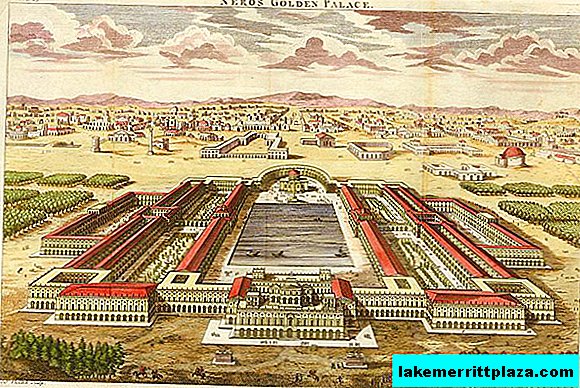
It would seem that the Rome authorities have solved all the problems, but the catch is that the government simply does not have the means to implement the project. That is why archaeologists urge private companies to take part in the rescue of one of the objects of the national heritage of Italy. “Unfortunately, government resources are very limited,” said Dario Franceschini, the country's culture minister, speaking in the center of the building, which could collapse right on his head. “This is a great opportunity for private companies to invest in an outstanding project that will attract public attention,” he added.
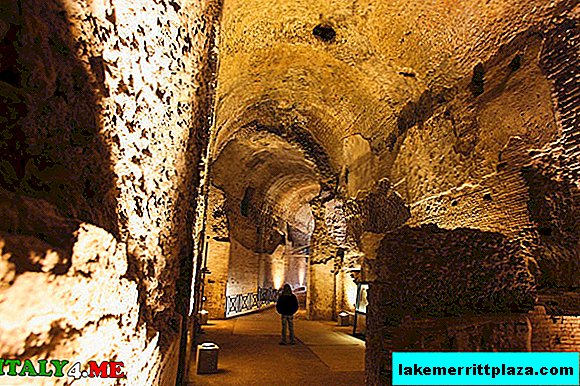
Nero, who was in power from 54 to 68 years of our era, intended to build a palace that would become a symbol of his wealth and power. Five years ago, archaeologists managed to find what they believe are fragments of a banquet hall, which, according to the plan of the ancient architect, was supposed to rotate. That is what Nero planned to surprise his guests. The huge hall was under an impressive mechanism that would allow the room to rotate slowly.
“Nero was going to recreate in the very center of the city a piece of the village where the lake would spread. It was later dried and the Colosseum was erected in its place, ”says Mariarosaria Barbera, specialist from the Italian Ministry of Culture.
Scientists and archaeologists worked in the palace, hoping to find some information on its owner, who was described as a "sadist and maniac." According to historians, Nero killed his own mother and beat his pregnant wife to death. However, it was under him that Rome was significantly restored after a devastating fire of 64 years. “He had a bad reputation, but he also had some advantages, including his desire to turn Rome into a huge metropolis,” explained Barbera.

